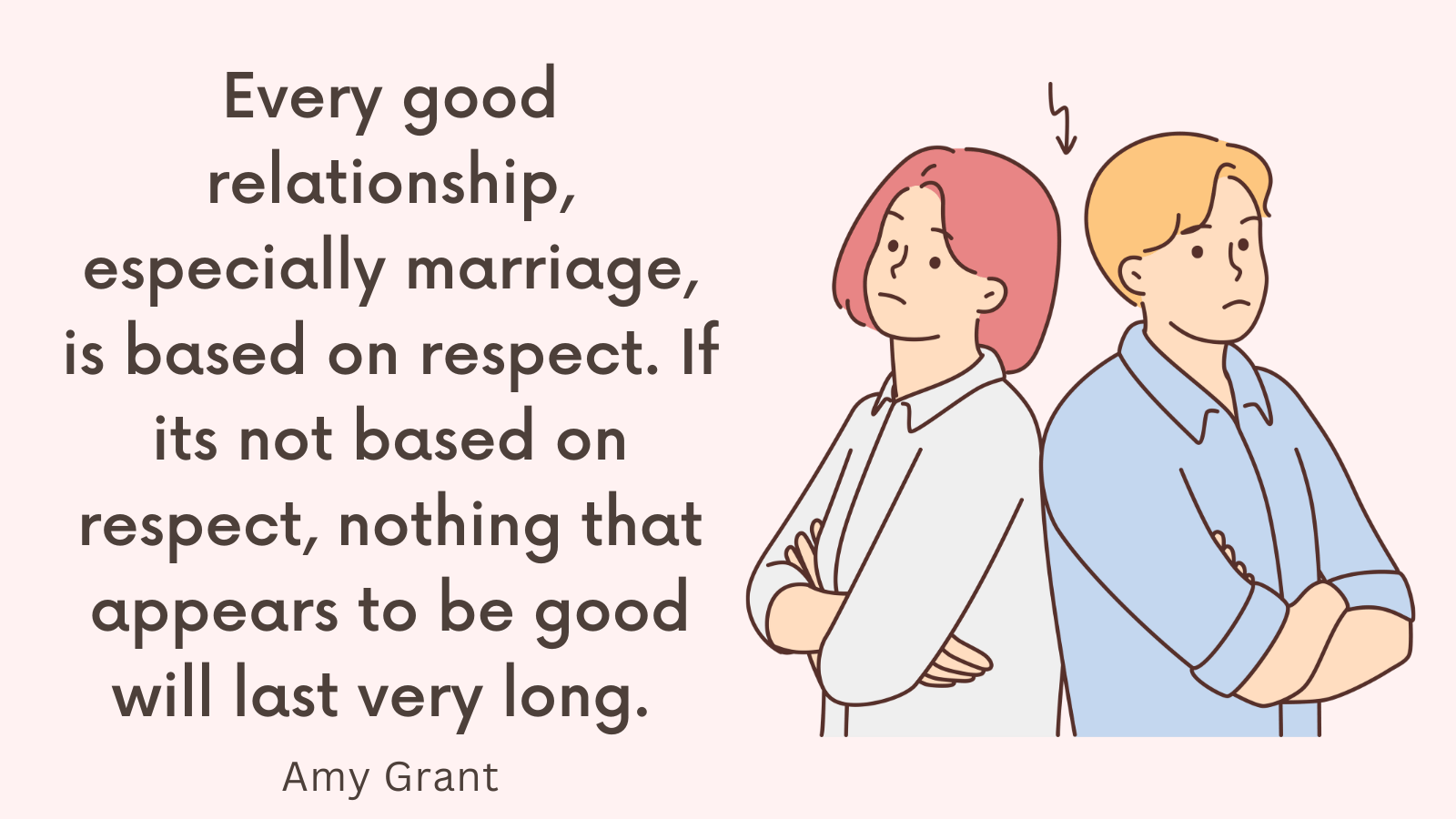What Is The Difference Between Dismissive Avoidant And Narcissistic

Dismissive Avoidant Vs Fearful Avoidant Avoidants, particularly dismissive avoidants, tend to have the ‘i am defective’ core wound. on the other hand, narcissists tend to overcompensate for their shame wound by maintaining a positive public image and constantly seeking validation (narcissistic supply) from others. It is important to highlight that there are no clear distinctions between narcissistic personality disorder and avoidant attachment behaviors as clinical research has found these are connected.

Fearful Avoidant Vs Dismissive Avoidant Differences Faq Ncrw Explore the key differences between dismissive avoidant attachment and narcissism, their impact on relationships, and strategies for dealing with both. Understanding the differences between dismissive avoidant attachment and narcissism is crucial for navigating relationships with individuals who exhibit these behaviours. Someone with a narcissistic personality may intentionally withdraw—ignoring your calls or ghosting you—as a form of punishment. in contrast, someone with a dismissive avoidant attachment style may retreat to regulate their own nervous system. A narcissist does this as a power move —they discard people to maintain control over them and often return later when they feel like it. a dismissive avoidant does this as a self protection move —they’d rather leave first than risk being left.

Fearful Avoidant Vs Dismissive Avoidant Chateau Health Wellness Someone with a narcissistic personality may intentionally withdraw—ignoring your calls or ghosting you—as a form of punishment. in contrast, someone with a dismissive avoidant attachment style may retreat to regulate their own nervous system. A narcissist does this as a power move —they discard people to maintain control over them and often return later when they feel like it. a dismissive avoidant does this as a self protection move —they’d rather leave first than risk being left. To discern whether dismissive avoidants can be classified as narcissists, it’s essential to compare the two: while both groups may exhibit emotional unavailability and difficulties in forming close relationships, the underlying motivations differ significantly. Attachment theory reminds us that avoidance often grows from overwhelming fear, while narcissistic styles center on entitlement and control. recognizing those drives steers you toward action instead of endless rumination. i invite you to hold the label loosely and track behavior closely. Are they avoidant or a narcissist? there is some overlap between the two that can make it difficult to know for sure what you’re dealing with, and therefore, how you should proceed. here are the important distinctions…. Avoidant individuals, on the other hand, withdraw because they fear losing their independence or becoming overwhelmed by intimacy. their distance is about self protection, not control. what to watch for: a narcissist dismisses or belittles your feelings when you seek emotional support.
Comments are closed.